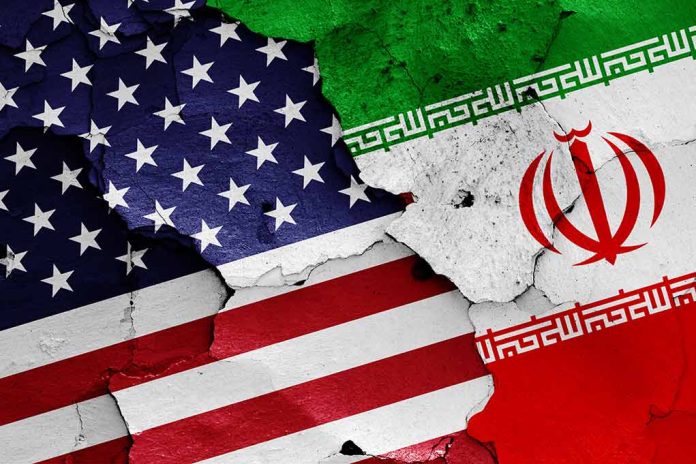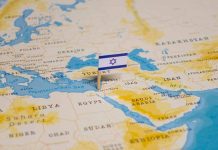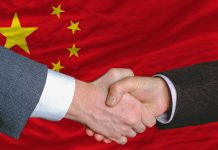
Iran detains Iranian-American journalist Reza Valizadeh, escalating tensions with the U.S. and raising concerns about the use of detainees as political leverage.
At a Glance
- Reza Valizadeh, an Iranian-American journalist, is detained in Iran’s Evin prison without legal representation.
- The U.S. State Department is informed and collaborating with Swiss intermediaries for more information.
- The tensions coincide with the 45th anniversary of the U.S. embassy hostage crisis in Tehran.
- The U.S. warns citizens about traveling to Iran due to risks of arbitrary detentions.
- Iran ranks low on international press freedom indexes.
The Detention of Reza Valizadeh
Journalist Reza Valizadeh, who holds dual Iranian-American citizenship, has been imprisoned in Iran since September, confined within the notorious Evin prison. The journalist is reportedly being denied access to legal representation, raising alarms amongst human rights groups and international observers. Having worked for years at Radio Farda, a U.S. government-funded media outlet, Valizadeh became a glaring target following his return to Iran earlier this year. His detention underscores persistent tensions between the United States and Iran, especially considering Iran’s track record of using detainees to exercise political leverage.
The United States State Department acknowledges Valizadeh’s arrest and is actively working alongside Swiss entities to gather critical information regarding his case.
“We are working with our Swiss partners who serve as the protecting power for the United States in Iran to gather more information about this case,” a State Department spokesman said.
Despite the lack of clarity on the charges against him, the department issued cautionary advice, reinforcing pre-existing travel warnings against Iran due to the potential risk of arbitrary detentions of American citizens. This advisory comes amid escalating regional and international tensions, further complicating diplomatic dialogues.
Historical Context of U.S.-Iran Tensions
Marking the 45th anniversary of the U.S. embassy hostage crisis, Valizadeh’s detention reflects Iran’s longstanding modus operandi of detaining foreign nationals and dual citizens to secure political and economic concessions from Western powers. This practice stirs international condemnation yet continues unabated, highlighting a complex legacy of fraught diplomatic interactions. Diplomatic ties formally severed between the U.S. and Iran in April 1980 continue to define this strained relationship. This incident has prompted renewed warnings from the State Department against travel to Iran, citing the high risk of arbitrary detention, especially for individuals with Iranian heritage. The heightening tensions follow closely on the heels of threats by Iran’s Supreme Leader Ayatollah Ali Khamenei, who alluded to delivering “a crushing response” to perceived U.S. and Israeli antagonism.
While addressing the recent incidents, U.S. officials have accused Tehran of supporting groups like Hamas and Hezbollah. The rhetoric of reciprocation and defense has broadly characterized U.S.-Iran relations, as diplomatic stalemates ensue and global observers watch the unfolding events.
International Reaction and Calls for Action
Rights organizations and media collectives are united in demanding the release of Reza Valizadeh, emphasizing that journalists must be able to perform their duties free from intimidation or persecution. Statements from prominent entities underscore these demands, as they rally for international discourse that ensures press freedom and upholds the human rights of those affected. Valizadeh’s attorney amplified these sentiments, urging that authorities should “immediately release journalist Reza Valizadeh and drop any charges levied against him,” a perspective shared by many who decry Iran’s punitive stance towards journalists.
In an era marked by geopolitical upheaval and shifting alliances, the developments of this case are likely to influence international policies or alter diplomatic conversations, highlighting the urgent need for strategic interventions that respect human rights and the sanctity of the press.






















